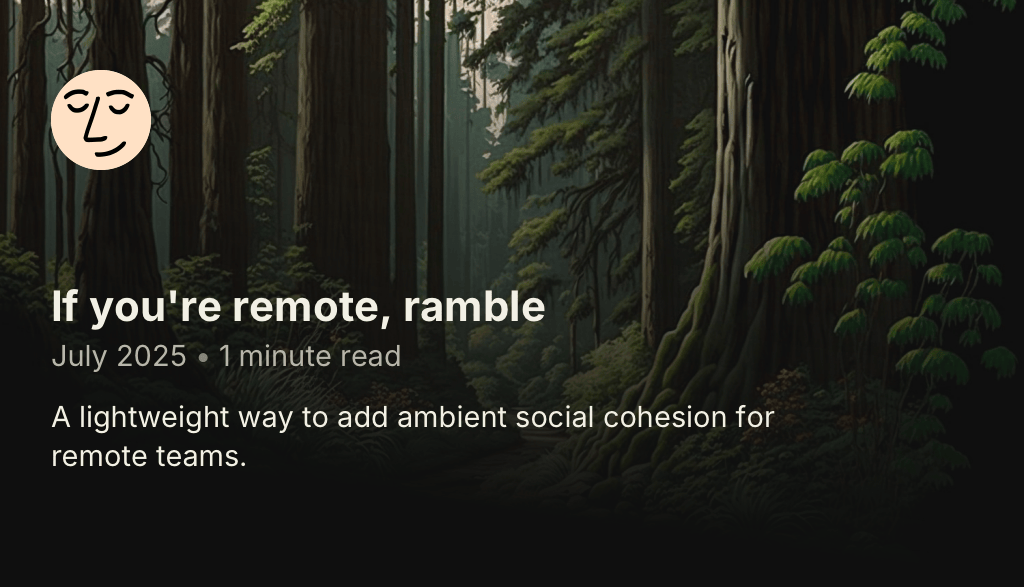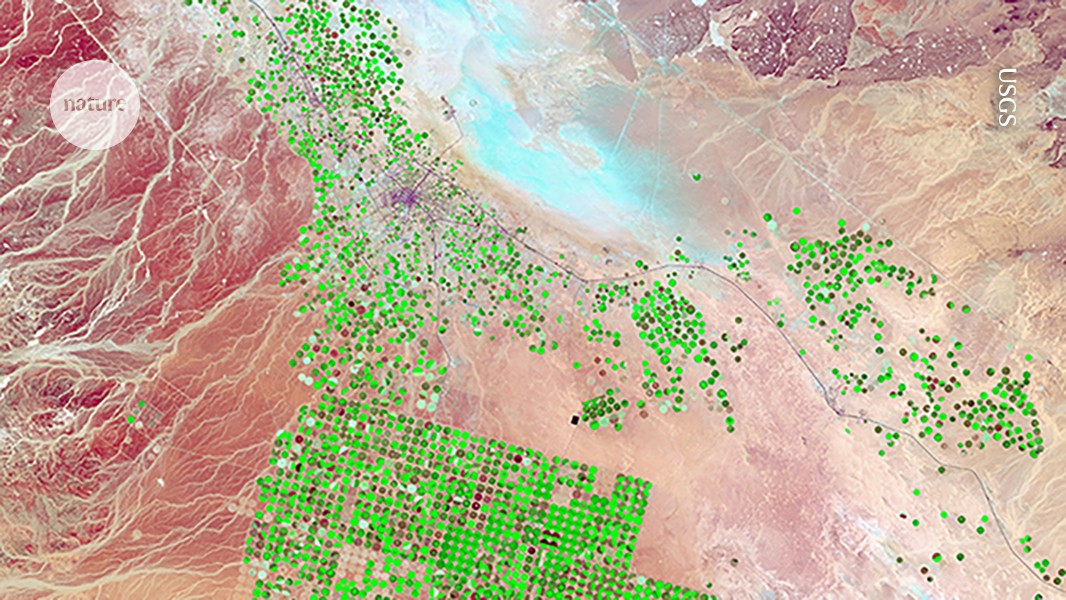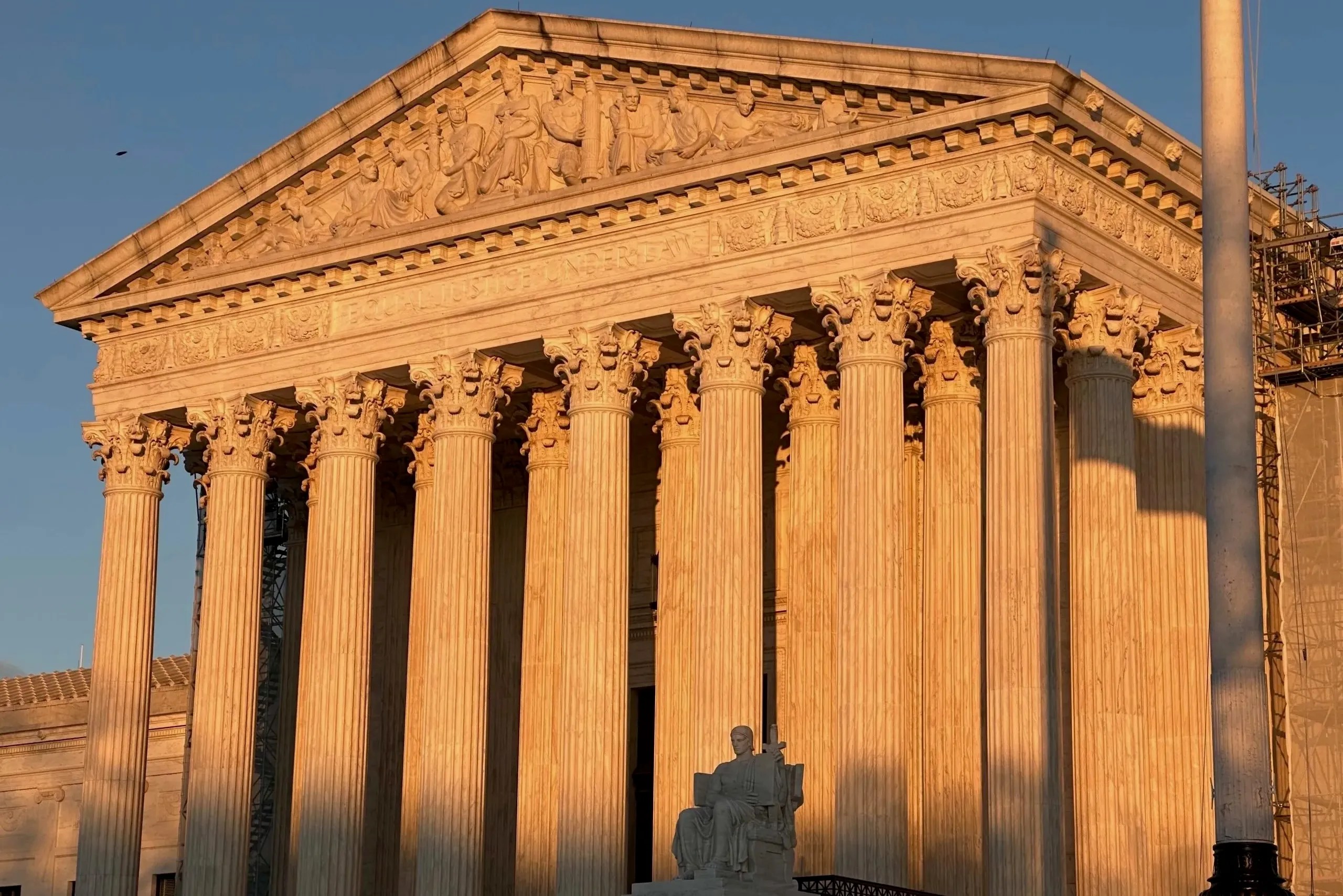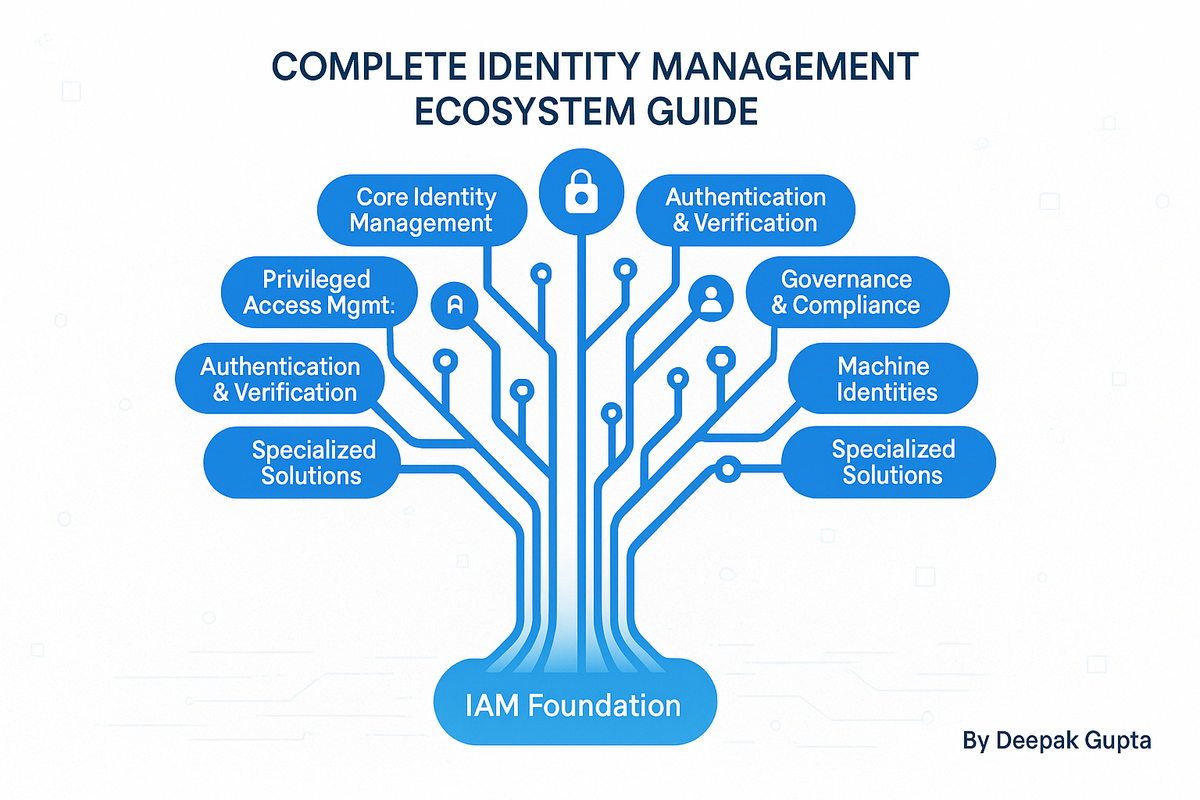
Harvard-trained expert: I have anxiety—here's how I get rid of it in minutes
I've been studying anxiety all my life, because I have it. I remember being knotted up with anxiety on the eve of one birthday, worried sick because time was passing so fast and I had yet to accomplish anything significant. I was turning four.
All this anxiety was one of the reasons I read widely about mental health and our brains. If I could understand the mind, my own mind, then maybe, I could free myself from constant unease.
I remember one study that gave me hope was about neuroplasticity, a term that describes the malleability of our brains. A group of neurologists examined the brains of Tibetan monks who had spent years in meditation. These men had unusually dense tissue in the brain regions associated with happiness, compassion and calm.
In one monk, this effect was so pronounced that the scientists measuring his brain activity thought their equipment was broken. But he hadn't always been so calm — he had actually spent his childhood battling crippling anxiety and panic attacks.















